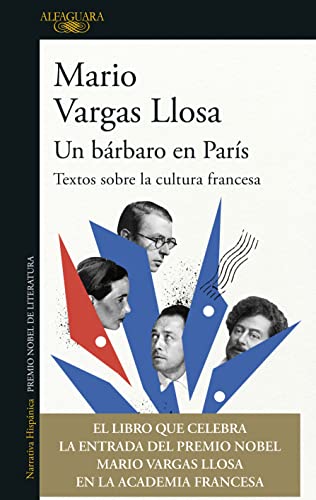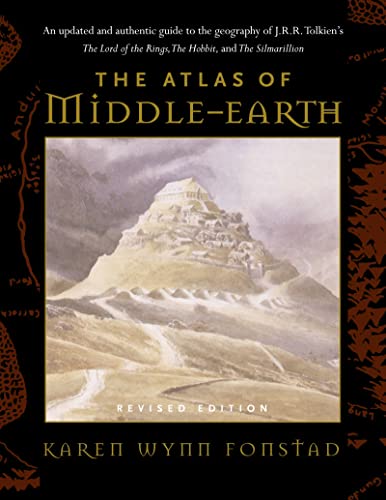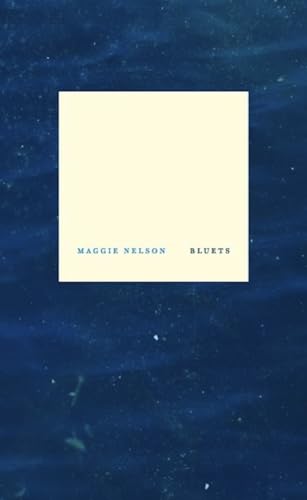
Author: Vargas Llosa, Mario
Price: $16.48
Category:Essays & Correspondence
Publication Date:2023-05-23T00:00:01Z
Pages:320
Binding:Paperback
ISBN:10:6073826214
ISBN:13:9786073826211
EL LIBRO QUE CELEBRA LA ENTRADA DEL PREMIO NOBEL MARIO VARGAS LLOSA EN LA ACADEMIA FRANCESA «La literatura francesa fue la mejor y sigue siéndolo. La más osada, la más libre, […] la que se insubordina a la actualidad, la que regula y administra los sueños de los seres vivos». Los mitos literarios y el dinamismo intelectual en Francia sedujeron a Vargas Llosa en los inicios de su carrera hasta el punto de que llegó a creer que sólo se convertiría en escritor si llegaba a París y lograba aclimatarse a un ambiente que concedía a las artes y al pensamiento un lugar privilegiado. Las novelas de Dumas y Flaubert le abrieron la imaginación y lo inclinaron hacia el realismo, y las ideas de Sartre, Camus, Bataille, Aron y Revel le mostraron cómo debía ser un intelectual público. Según indica Carlos Granés en el prólogo de este libro, «su formación intelectual y cultural le dio la certeza de que cualquier escritor latinoamericano, incluso uno nacido en la provincia peruana (un bárbaro), podía participar en todos los asuntos políticos, culturales y sociales de su época si se nutría de sólidas tradiciones literarias y filosóficas. Buscando a Francia, Vargas Llosa encontró su país natal y el mundo entero». La selección de escritos que conforman Un bárbaro en París da cuenta de esta devoción por la cultura francesa que ha conducido a Vargas Llosa a ser el primer autor de una lengua extranjera que recibe el más alto honor destinado a los escritores francófonos: convertirse en uno de los «inmortales». Por esta razón, el volumen se cierra con el discurso inédito de ingreso en la Academia Francesa pronunciado en febrero de 2023. ENGLISH DESCRIPTION THE BOOK THAT CELEBRATES THE ENTRY OF NOBEL PRIZE WINNER MARIO VARGAS LLOSA TO THE FRENCH ACADEMY. “French literature was and still is the best. The boldest, the freest… the one that rebels against actuality, the one that regulates and manages every living being’s dreams.” France’s literary myths and intellectual dynamism seduced Vargas Llosa at the beginning of his career, so much so that he came to believe he would only become a writer if he arrived in Paris and got attuned to the ambience that gave art and thought a privileged place. Dumas’ and Flaubert’s novels widened his imagination and steered him towards realism, while the ideas of Sartre, Camus, Bataille, Aron, and Revel showed him how a public intellectual should be. According to Carlos Granés in the prologue of this book, “his intellectual and cultural formation gave him the certainty that any Latin American writer, even one born in the Peruvian countryside (a barbarian), might participate in all the political, cultural, and social matters of his time if he were to be nurtured with solid literary and philosophical traditions. While in a quest to find France, Vargas Llosa found his native country and the whole world.” The selected texts that comprise A barbarian in Paris are an account of the devotion to French culture that led Vargas Llosa to become the first author in a foreign language to receive the highest honor intended for French-speaking writers: being one of the “immortals.” For this reason, the volume closes with his unpublished admission speech, pronounced at the French Academy in February, 2023.






